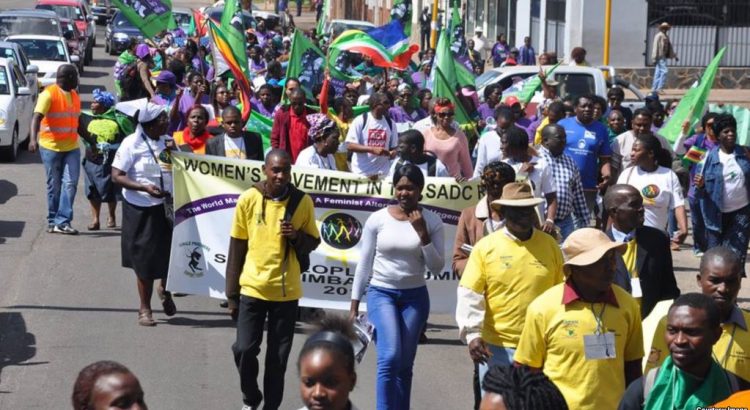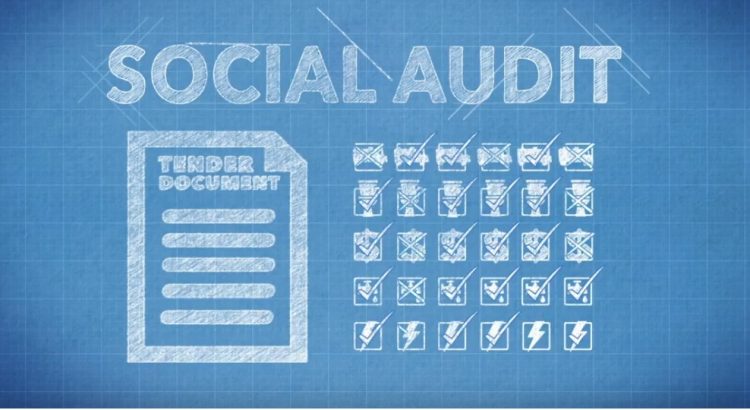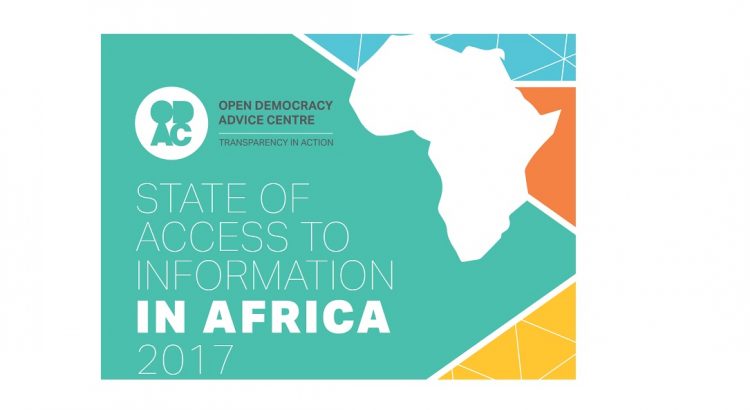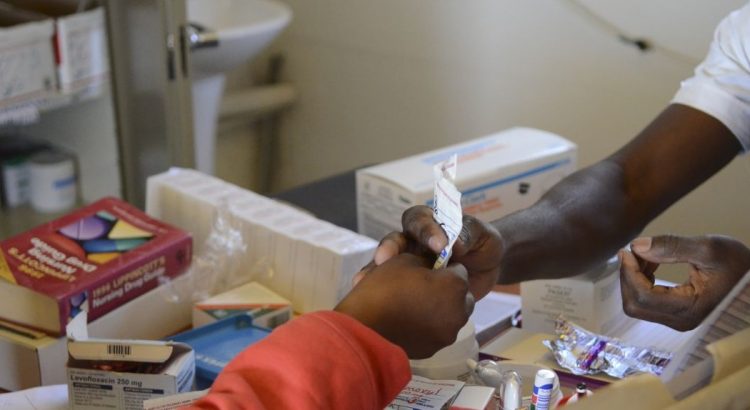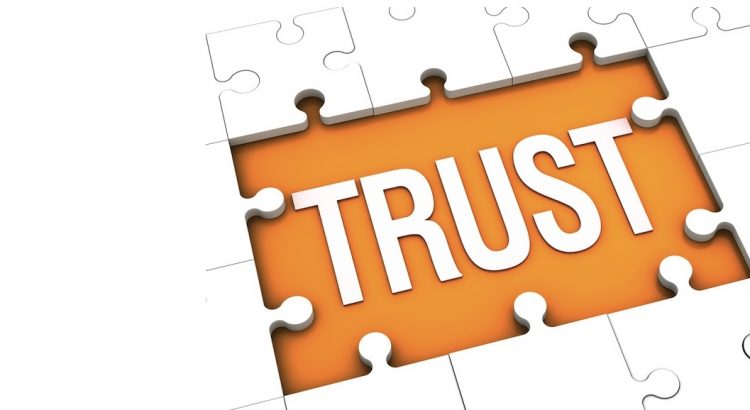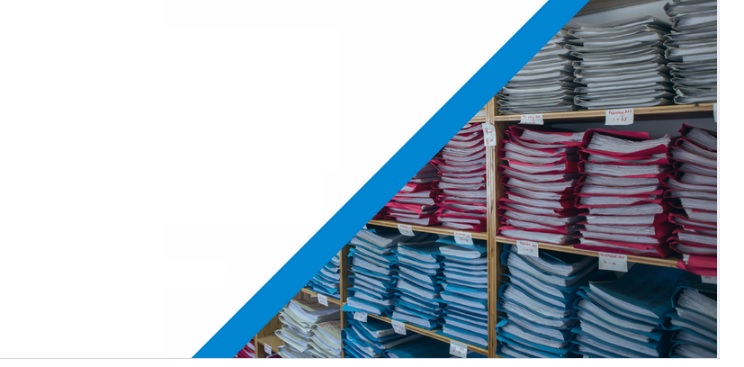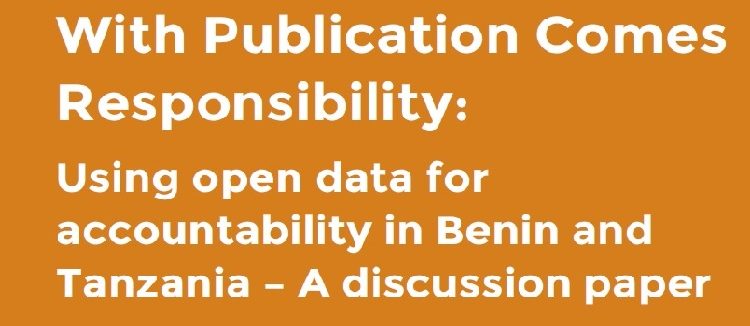A recent civil society and government jamboree in Tanzania prompted some interesting reflections from Aidan Eyakuze, Executive Director of Twaweza.
This article was originally published on the ‘From Poverty to Power’ blog.
Who needs civil society organizations (CSOs)? If government does its job well, responding to citizens’ needs, delivering good quality services, safe communities and a booming economy, then what is the purpose of the diverse range of NGOs, trade unions, religious groups, community groups and others that make up civil society?
I was one of more than 600 people at CSO Week 2018 in Dodoma (Tanzania’s capital). We were there to both celebrate and debate the role of civil society in Tanzania. Lots of speakers from within and outside government spoke with almost universal praise for the role civil society plays. But not far below the collegial surface lurked a significant divergence of views.
The most important was conflicting views on the primary purpose of civil society. Government officials acknowledged the positive role of CSOs, but with a strong whiff of ambiguity about their value and scepticism about their integrity.
Government ministers and senior officials revealed a clear preference for CSOs focused on uncontroversial service delivery activities (providing healthcare or education or clean water), over those working on raising citizen voices and advocating for better policies. They said that CSOs that focus on service delivery are supporting the government as the people’s legitimately elected representative. They are giving people the help they need, and can attract additional aid dollars into the country for development. However, those CSOs that monitor and critique government, advocate for civic space and promote human rights, may in fact be pursuing foreign agendas or wasting resources by working in areas that do not resonate with citizens’ needs, such as public services and livelihoods.
I also heard many CSOs worrying that limiting their activities to providing services makes them little more than handmaids to government and reduces citizens to mere subjects. Championing the causes of social justice, equality, shared responsibility and rewards has them working to ensure people are free citizens.
But this is a simplistic, though long-standing distinction, and I think it misses the point. For the ‘uncontroversial’ services to be delivered well to those needing them most, civic space must, crucially and contentiously, be open.
Without freedom of information and expression, people will not know what they are entitled to. Nor will they be able to voice their opinion on the quality of services or bring other problems to the attention of decision makers. Without freedom of assembly and association, the gap between a distant and powerful government and an atomised population becomes almost unbridgeable. Without citizen participation, services rarely meet citizen needs and citizens feel  increasingly powerless and disconnected. Without inclusion, marginalised people are left even further behind. Without human rights and the rule of law, citizens have little protection from corrupt or bullying officials. Those who no longer trust that the game is fair stop trying to play and withdraw to the fringes.
increasingly powerless and disconnected. Without inclusion, marginalised people are left even further behind. Without human rights and the rule of law, citizens have little protection from corrupt or bullying officials. Those who no longer trust that the game is fair stop trying to play and withdraw to the fringes.
CSOs that work to protect and promote open civic space are also working to strengthen public services and improve people’s lives. We may be doing so indirectly, but our contribution is just as valuable and necessary.
I would go further to argue that even delivering services is a political undertaking. When people are healthier, better educated and have access to water, shelter and can make a decent living, they are more likely to ask for more and expect better. And delivering services has an impact on local power relations. A new well, for example, increases the availability of water for some, changes time allocation, especially for women, and alters patterns of ownership, income and social interaction in a village. Choices are inherently political.
So the question is not ‘are we for services or for social justice?’ The two are inseparable.
Bishop Stephen Munga, of the Evangelical Lutheran Church of Tanzania (ELCT) and Chancellor at  Sebastian Kolowa Memorial University expressed this point powerfully last week when he argued that “civil society gives rise to government itself.” “It is civil society that legitimately says whether government is good or bad, laws are good or bad. It is not for government or those in power to assess itself!”
Sebastian Kolowa Memorial University expressed this point powerfully last week when he argued that “civil society gives rise to government itself.” “It is civil society that legitimately says whether government is good or bad, laws are good or bad. It is not for government or those in power to assess itself!”
His assertions were both attractive, and unsettling. Who assesses us CSOs? I confess to leaving Dodoma with a nagging feeling that, as CSOs, we did not engage in some important self-reflection. Are we well-placed to deliver a vision of a healthy, wealthy, wise and just Tanzania? Are we trusted by those who we claim to represent and speak for? Are we legitimate in their eyes? How much are citizens engaged in our work, in shaping our priorities and activities, or are we distant, disconnected and self-righteous? And how much are we really contributing to improving social justice overall? Could we do more?
These questions warrant really good answers. Such deep self-reflection can only be healthy for the sector, and for the wider community which we serve. We should not shy away from it.
It should come as no surprise that government and civil society have different views on what the sector should look like, or on the relationship between services and rights. It is only proper that a combination of tension and collaboration should exist, as one party seeks to maintain social order and the other to promote social justice. A society without such tension would slide into decline and decay.
So what is civil society for? It is to improve public services and people’s livelihoods. It is also to raise citizen voices and protect civic space. And it is even, on occasion, for disagreeing with government. I am sure that doing these things makes us all stronger. We will all be better off as a result.
This article was originally published here

